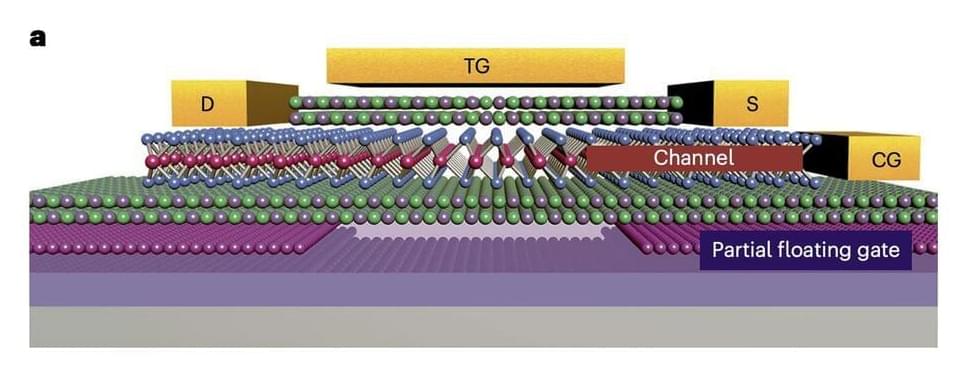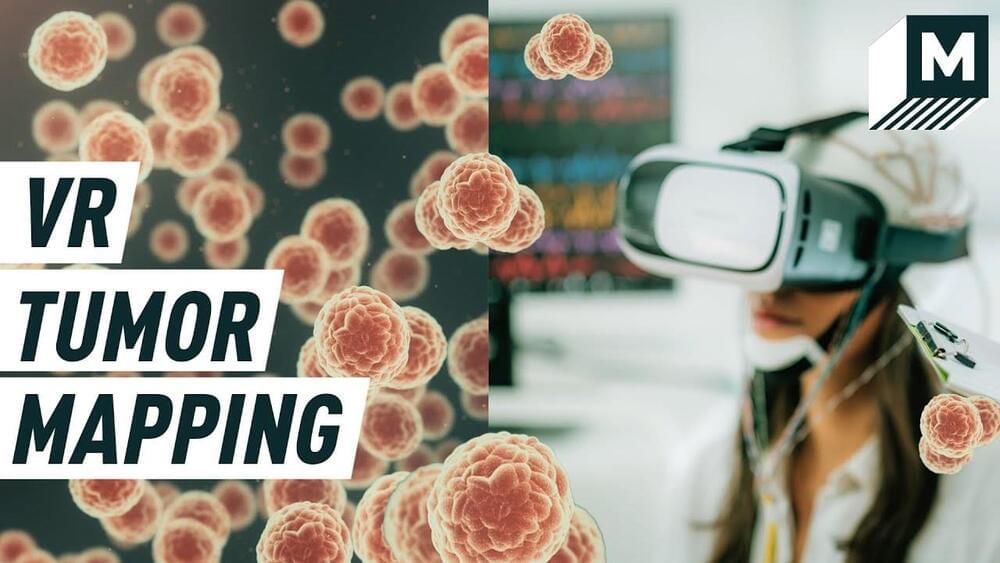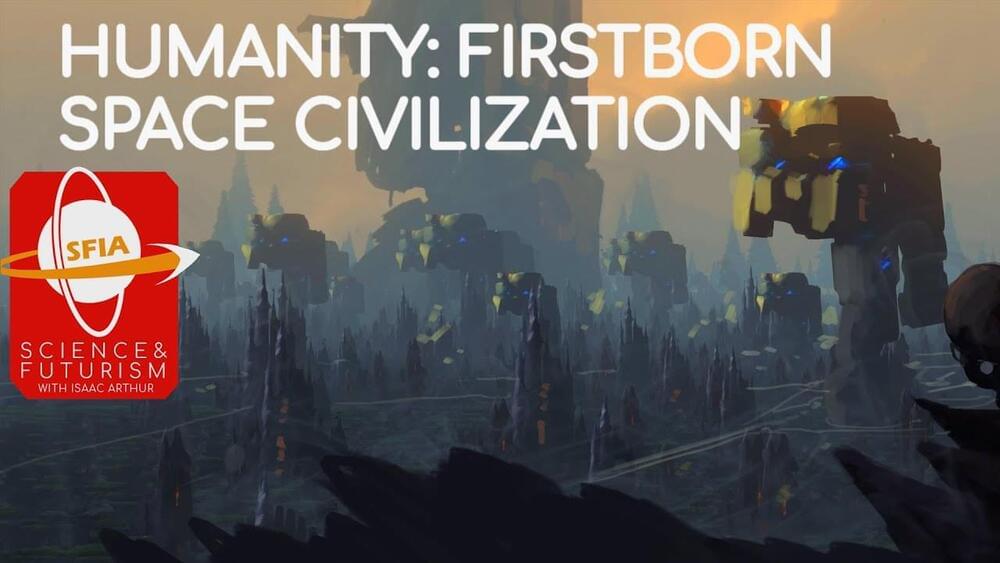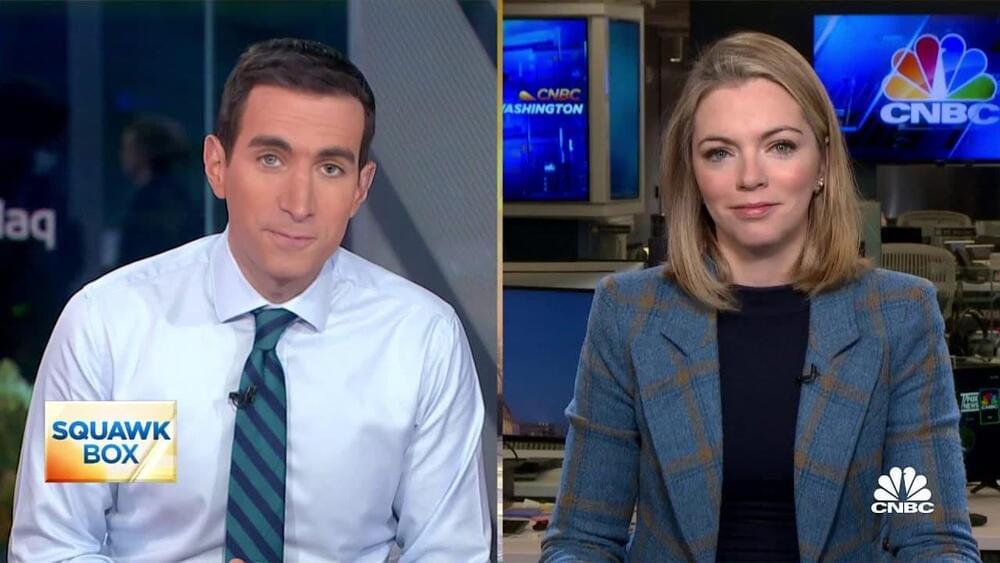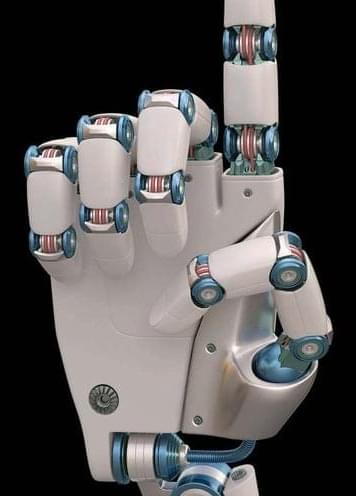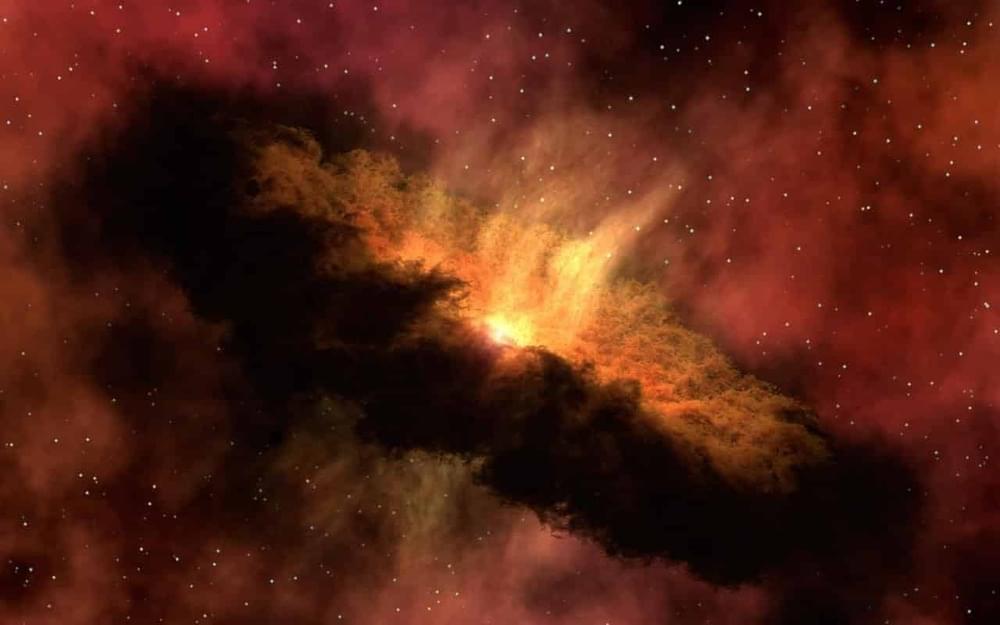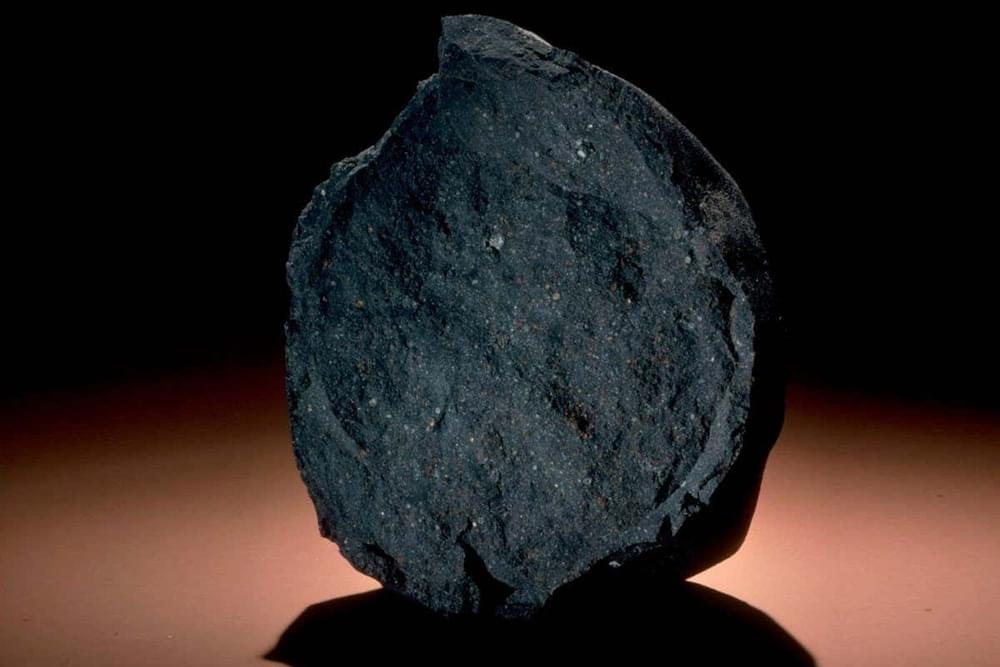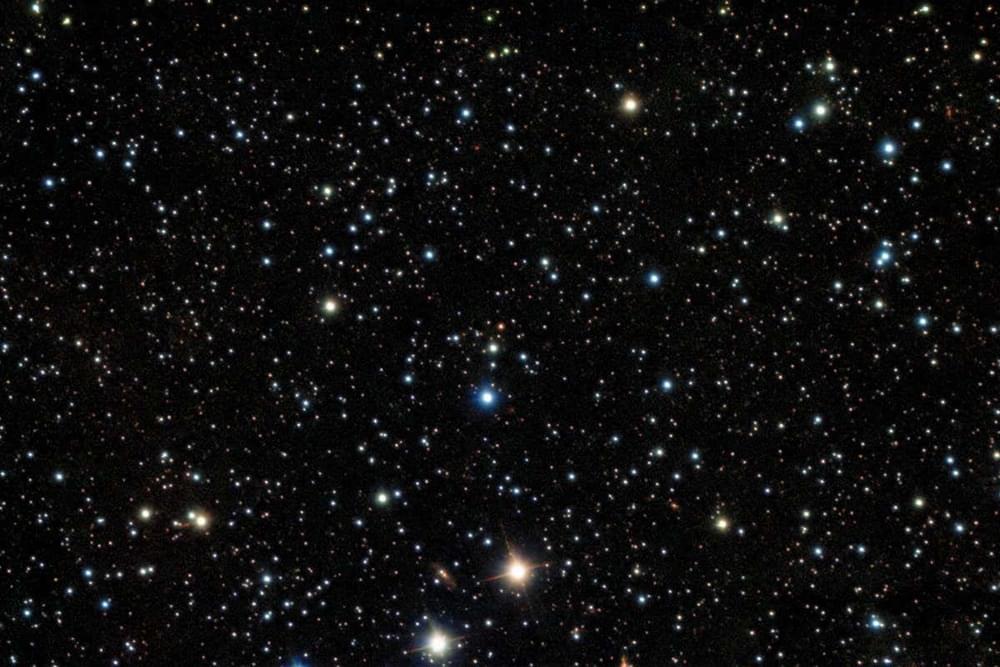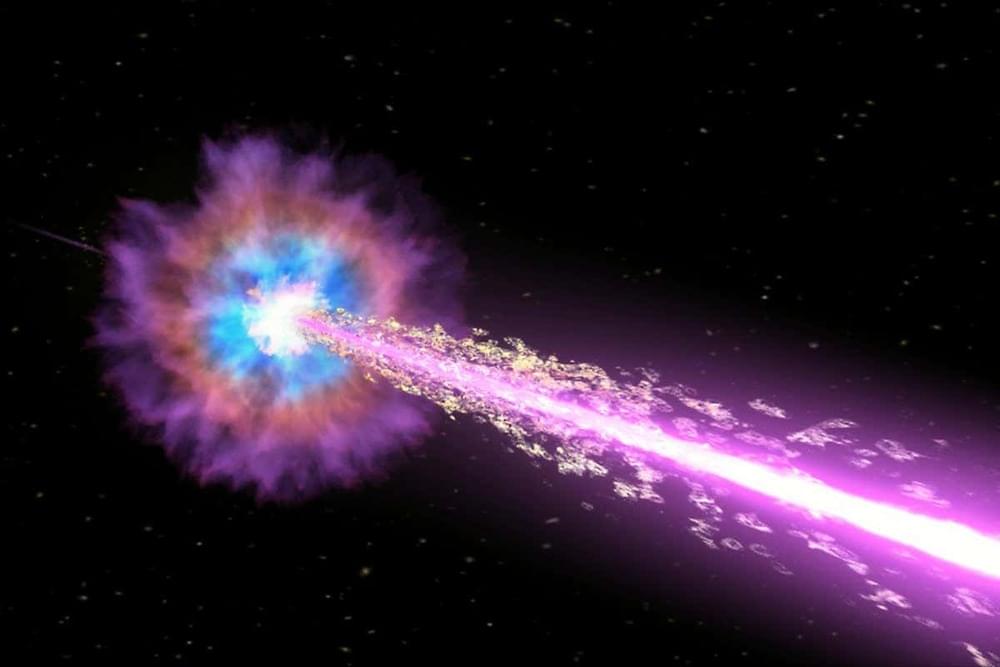Dec 8, 2022
A reconfigurable device based on 2D van der Waals heterostructures that works both as a transistor and memory
Posted by Shubham Ghosh Roy in categories: computing, engineering
One key objective of electronics engineering research is to develop computing devices that are both highly performing and energy-efficient, meaning that they can compute information quickly while consuming little power. One possible way to do this could be to combine units that perform logic operations and memory components into a single device.
So far, most computing devices have been made up of a processing unit and a physically separate memory component. The creation of a device that can efficiently perform both these functions, referred to as a logic-in-memory architecture, could help to significantly simplify devices and cut down their power consumption.
While a few of the logic-in-memory architectures proposed so far achieved promising results, most existing solutions come with practical limitations. For instance, some devices have been found to be unstable, unreliable or only applicable to specific use cases.
